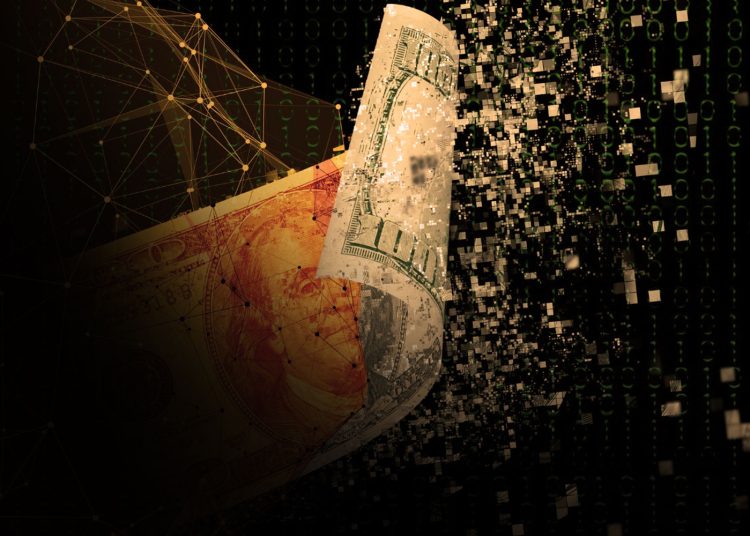Introduction Inflation and the crypto market are two critical components of the global economy that are deeply interconnected. Inflation refers to the rise in the general price level of goods and services in an economy over time, while the crypto market refers to the market for digital or virtual tokens that use cryptography to secure their transactions. The relationship between these two concepts is complex and multifaceted, and this article will explore how inflation affects the crypto market and vice versa.
The Impact of Inflation on the Crypto Market
Inflation has a profound impact on the crypto market, primarily because cryptocurrencies are often seen as a hedge against inflation. When the value of fiat currencies, such as the US dollar, declines due to inflation, investors may turn to cryptocurrencies as a way to store value and protect their wealth. Inflation can also lead to an increase in demand for cryptocurrencies, as people look for alternative ways to invest their money.
However, the relationship between inflation and the crypto market is not always straightforward. Inflation can also have negative effects on the crypto market, as it can lead to increased volatility and uncertainty. Inflation can make it difficult to predict the value of cryptocurrencies, as the value of these assets may fluctuate rapidly in response to inflationary pressures.

The Impact of the Crypto Market on Inflations
The crypto market can also have a significant impact on inflation, primarily through its influence on traditional financial markets. The rise of cryptocurrencies has led to increased competition among currencies, which has put pressure on fiat currencies to maintain their value. This pressure can lead to lower inflation rates, as central banks work to maintain the value of their currencies in the face of increased competition from cryptocurrencies.
Furthermore, the crypto market can also influence inflation by providing an alternative investment option for investors. If the crypto market becomes a popular investment option, it can draw funds away from traditional investment vehicles, such as stocks and bonds. This can lead to a decrease in demand for these assets, which can, in turn, lower their prices and potentially reduce inflation rates.
In conclusion, the relationship between inflation and the crypto market is complex and multifaceted. Inflation can have both positive and negative effects on the crypto market, as cryptocurrencies are often seen as a hedge against inflation, but inflation can also lead to increased volatility and uncertainty. Similarly, the crypto market can influence inflation by providing an alternative investment option for investors, which can potentially reduce demand for traditional assets and lower inflation rates. As the global economy continues to evolve, it will be interesting to see how these two concepts continue to interact and influence each other.











